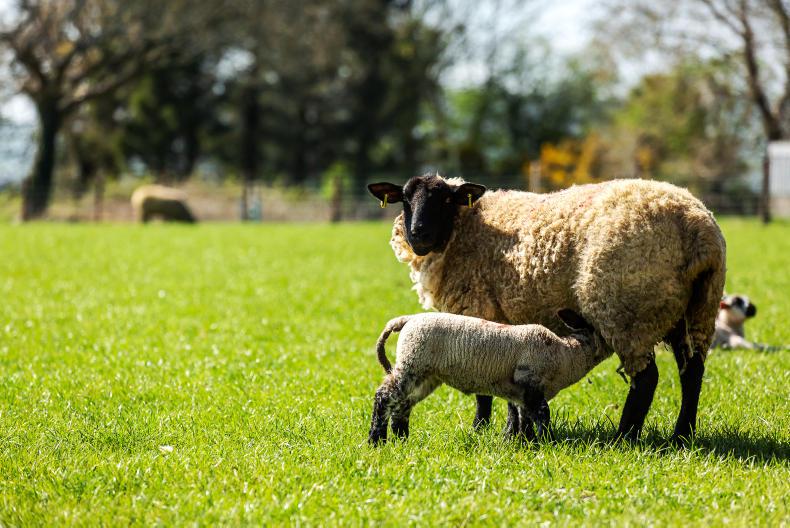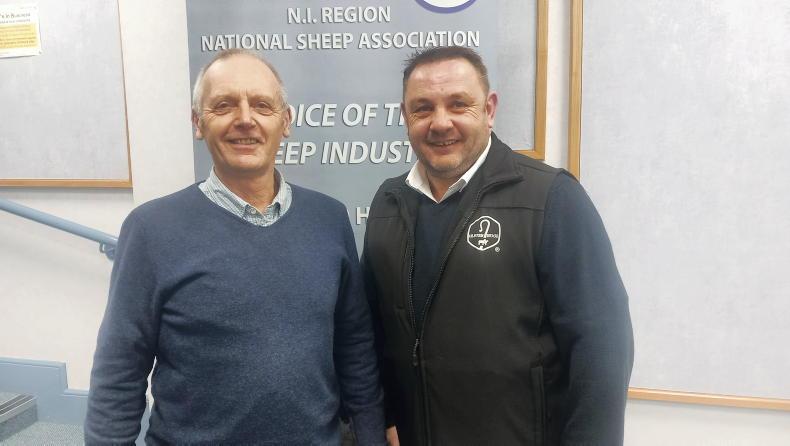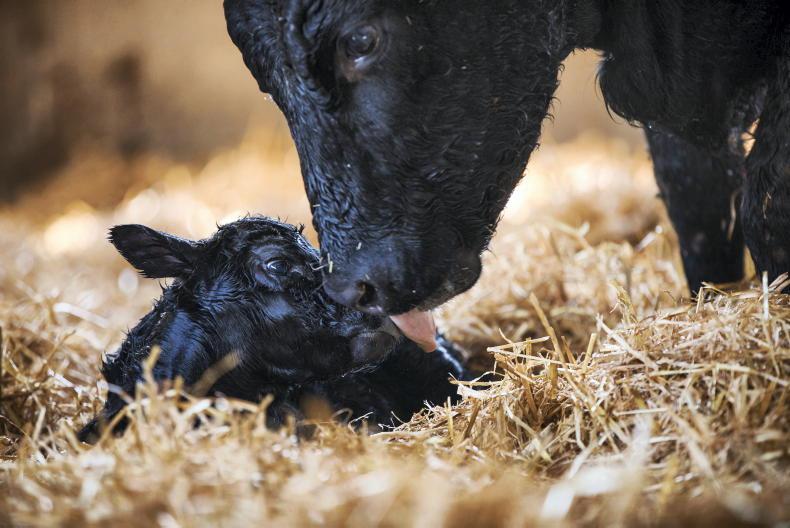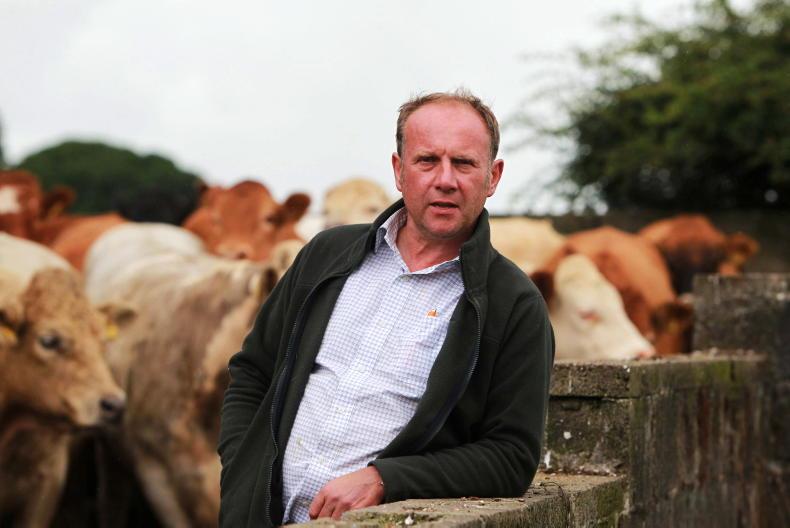Australia and New Zealand will be “very aggressive” at selling lamb in international markets if their current trade flows become disrupted, an agricultural economist has said.
Speaking in Antrim on Tuesday, Stuart Ashworth pointed out that 90% of New Zealand sheepmeat and 60% of Australian sheepmeat is exported overseas.
“If the vast majority of your business is built on exports, then you must be good at selling and getting access to markets,” he told National Sheep Association members.
China
Ashworth presented slides which showed that half of New Zealand’s sheepmeat exports go to China at present, and around a quarter of Australian exports end up in North America.
“If their exports go belly up for whatever reason, they are out of the water and they will be very aggressive at trying to find an alternative market,” he maintained.
The former Quality Meat Scotland chief economist acknowledged that the UK’s new free-trade agreements with Australia and New Zealand could influence trade flows into the UK in the future.
However, his biggest concern is a precedent could now be set for trade negotiations with other countries as both the Australian and New Zealand deals give full access to the UK market for beef and lamb.
“I am worried that the likes of Brazil or America are going to say ‘you have given a free-trade agreement to New Zealand and Australia, we want the same kind of deal,’” Ashworth said.
UK consumption
Although there has been a long-term trend of falling lamb consumption in the UK, Ashworth suggested there was scope for some optimism going forward.
“The UK’s population is expected to grow by 3% by 2030. If we have a growing population, even if each person is eating less lamb, overall consumption might not reduce by as much as we think,” he said.
Another demographic factor is an ageing population, with the number of people in the UK over 75 years old set to increase by 25% during the current decade.
“There’s potential for growth in an older population. There’s an opportunity there to sell lamb to a more discerning consumer,” Ashworth said.








SHARING OPTIONS